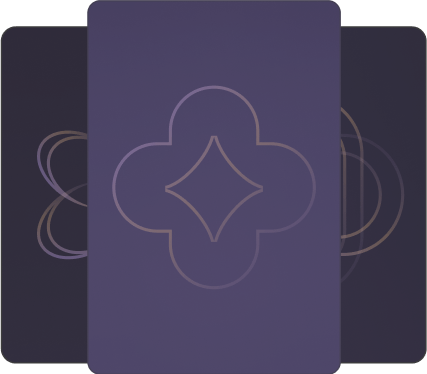What is
Eat That Frog! by Brian Tracy about?
Eat That Frog! is a productivity guide offering 21 strategies to overcome procrastination and prioritize high-impact tasks. Central to the book is Mark Twain’s metaphor: tackle your biggest challenge (your "frog") first to maximize daily effectiveness. Brian Tracy emphasizes habit-building through the 3Ds—Decision, Discipline, Determination—and provides frameworks like the ABCDE prioritization method to streamline task management.
Who should read
Eat That Frog!?
Professionals, entrepreneurs, students, and anyone struggling with time management will benefit. The book’s actionable techniques—such as goal-setting, task prioritization, and minimizing distractions—are tailored for individuals seeking to boost productivity in work, studies, or personal projects.
Is
Eat That Frog! worth reading?
Yes. A global bestseller with over 1.5 million copies sold, the book distills 30+ years of time-management research into concise, actionable steps. Readers praise its practicality, with updated editions addressing modern challenges like digital distractions.
Brian Tracy is a renowned productivity expert, speaker, and author of 70+ books on time management and success. With decades of experience coaching executives, his methods in Eat That Frog! draw from proven psychological principles and real-world applications.
What are the main takeaways from
Eat That Frog!?
Key lessons include:
- Prioritize ruthlessly: Use the ABCDE method to rank tasks.
- Build habits systematically: Apply the 3Ds (Decision, Discipline, Determination).
- Start early: Tackle your biggest task immediately each morning.
- Leverage technology: Use apps to block distractions and track goals.
How does
Eat That Frog! compare to
Getting Things Done?
While both focus on productivity, Eat That Frog! emphasizes prioritization and habit formation, whereas David Allen’s Getting Things Done (GTD) offers a detailed system for task organization. Tracy’s approach is simpler for immediate action, while GTD suits those needing granular workflows.
What is the "frog" metaphor in
Eat That Frog!?
The "frog" symbolizes your most critical task—often the one you procrastinate. Completing it first ensures progress and reduces anxiety. As Tracy notes, “If you eat a live frog first thing… nothing worse will happen to you all day”.
How can
Eat That Frog! help with career growth?
The book teaches strategies to identify high-value tasks (e.g., skill development, networking) and execute them efficiently. By focusing on outcomes that advance your career—like delivering key projects early—you stand out in competitive environments.
What are common criticisms of
Eat That Frog!?
Some readers find its advice overly simplistic or repetitive. However, proponents argue its strength lies in direct, actionable steps rather than theoretical depth. The updated edition addresses gaps by integrating digital tools.
How do you apply the ABCDE method from
Eat That Frog!?
- A: Tasks with severe consequences if undone.
- B: Important but less urgent tasks.
- C: Nice-to-do tasks with no consequences.
- D: Delegateable tasks.
- E: Eliminate unnecessary tasks.
This system ensures focus on high-impact activities.
Why is
Eat That Frog! relevant in 2025?
The revised edition addresses modern challenges like digital overload, offering tips to use technology mindfully (e.g., app blockers, automated reminders). Its core principles remain timeless for navigating a fast-paced, distraction-heavy world.
What are key quotes from
Eat That Frog!?
- “Your ‘frog’ is your biggest, most important task… eat it first.”
- “Clarity is the key to effective time management.”
- “Successful people are those who develop the habit of doing the things failures don’t like to do.”









